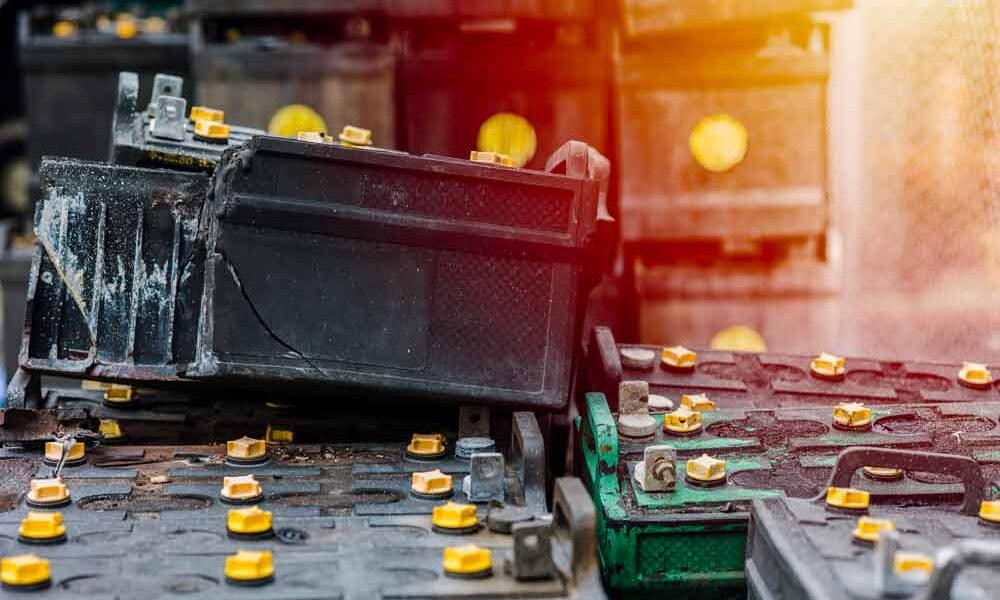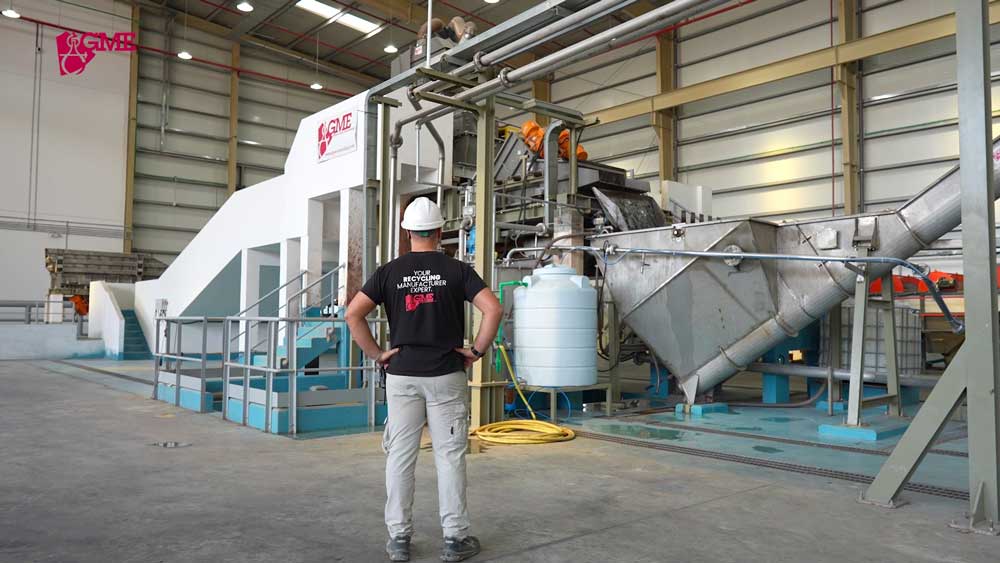GME Recycling
Transforming aluminum Waste Management with GME Recycling’s Advanced Technology
Today, managing aluminum waste becomes a crucial piece in the puzzle of sustainability. In this context, our experience at GME Recycling, an Italian company specializing in the development of engineering plants and machines for the recycling of batteries and non-ferrous materials, plays a significant role. Aluminum recycling: innovation and technology A key element in the transformation of our plant was
The importance of scrap metal separation equipment in recycling
Metal separation techniques play a crucial role in the recycling industry, allowing us to unlock the value hidden within scrap materials. In this article, we will delve into the world of metal separation, exploring various methods and technologies used to separate different types of metals from each other and from non-metallic materials. We will demystify the process, shedding light on
How To Maintain Shredder Machines
Efficient Shredder Machine Maintenance: tips and best practices shredder machines have become an essential tool in various industries, from recycling facilities to document destruction services. However, to ensure their optimal performance and longevity, proper maintenance is crucial. This article will explore a wide range of applications for shredder machines and provide essential maintenance steps for their efficient operation. We will
Aluminum smelting market in Italy
The aluminum sector in Italy plays a significant role in the country’s economy, contributing a substantial €3.5 billion in 2022 and providing employment for 15,000 individuals. Its journey has been remarkable, adapting to the dynamic global market and the evolving needs of the industry. Particularly, the northern regions of Lombardy, Veneto, and Emilia-Romagna stand out as the epicenters of this
Plastic recycling line: innovative plants for Re-Use of Plastics Components
In today’s world, innovative solutions are needed to revolutionize plastic recycling. From recovering polypropylene in battery recycling to harnessing energy from car shredding fluff, these innovative processes offer sustainable solutions. Additionally, CDR Energy Re-Use turns waste into power, while purification technology transforms car shredding residue into valuable resources. Join us as we unveil the high-quality outputs of plastic recycling and
Mastering maintenance: best practices for Lead Acid Battery recycling plant operations
Lead acid batteries are a crucial component in various industries, powering everything from automobiles to backup power systems. To ensure the smooth operations of battery plants and maximize the lifespan of lead acid batteries, proper maintenance is essential. From maintaining a secure environment to optimizing industrial battery maintenance, this article explores the importance of battery plant maintenance and safety. We
GME Recycling: Experts in Recycling plant engineering and consulting
GME Recycling, a leading engineering and design consultancy in the implementation of recycling facilities for lead-acid batteries, plastics, and metals, is at the forefront of this movement, offering practical solutions to companies wishing to implement eco-friendly strategies. With a focus on collaboration and client input, we at GME Recycling create optimal design solutions that integrate seamlessly with existing facilities. By
Commissioning Engineer for recycling plant
What is the role of a commissioning engineer? The role of a commissioning engineer is pivotal in ensuring the smooth and efficient operation of various industrial systems and processes. With a focus on waste management, a commissioning engineer plays a crucial role in the commissioning and maintenance of recycling plants. Their responsibilities include overseeing the installation and testing of equipment,
Taint Tabor aluminum scrap
Aluminium is a popular material, which is why aluminium recycling plays a crucial role in conserving energy resources and reducing the environmental impact associated with aluminium production. A particular type of aluminum waste, known in the recycling industry as “Taint Tabor“, plays a significant role in these recycling processes. Characteristics of the Taint Tabor Taint Tabor is a specific category
CASCADE REFINING SYSTEM
In the modern era, sustainability and recycling have become paramount topics, especially in the context of the increasing accumulation of waste, including spent batteries. In response to this environmental problem, the Cascade Refining system emerges as an innovative solution for battery recycling, enabling the recovery of precious metals such as lead, lithium and nickel through a complex refining process. An










